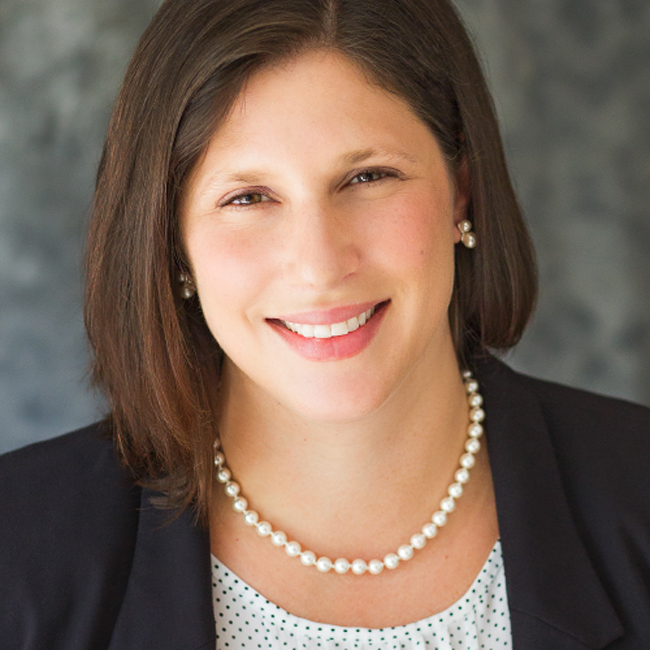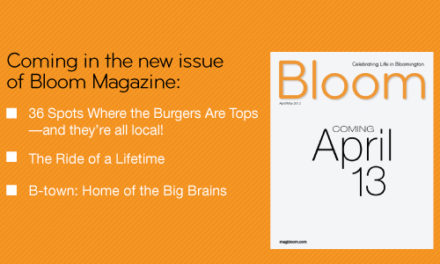
by EFRAT FEFERMAN
Executive Director
United Way of Monroe County
As I type these words, the COVID-19 pandemic continues to challenge our nation in a myriad of ways. The full toll of illnesses and deaths, lost jobs, disrupted education, social lives, and impact to the health and safety of individuals has yet to be realized and yet to be fully analyzed. This is all unfolding as the moratorium on evictions in Indiana expires, as well as the extended federal unemployment benefits, and as sectors of the economy struggle to adapt to the new era.
I worry about the economic repercussions to come, and I know I am not the only one. Prior to COVID-19, 37% of all Hoosiers (nearly 1 million households) were already struggling, either living in poverty or hovering right above it in a category United Way refers to as ALICE—Asset-Limited, Income-Constrained, Employed. ALICE households are often working more than one job to make ends meet. ALICE is our grocery store clerk, our day care teacher, our custodial worker, and more. ALICE is overrepresented by female-headed households, Black and Hispanic households, individuals living with disabilities, and elderly households.
It is hard for ALICE to get ahead these days. The costs of living, including housing, transportation, food, and health care, have all risen disproportionately to wages in recent years. ALICE is squeezed more than ever before. ALICE can’t establish a savings account when the bills have to be paid on what feels like less and less of a paycheck. One unexpected expense such as a health crisis or home repair can easily send a family into a downward spiral of expensive debt, poverty, even homelessness. I see it happen all too often.
The economy was not working for ALICE before the pandemic. Will we take the necessary actions as a community and as a nation to change this?
The economy can be modified by policies that advance equity and opportunities. ALICE would benefit from affordable health care, child care, and housing; from reduced student loan burdens; from job training and retraining programs; from tax credits for caregivers, workers, parents, and students; from financial counseling, debt repair, and credit building that is paired with stronger consumer protections; and from a nonprofit sector supported by charitable giving, which was hurt in recent years as an unintended side effect of tax reform. When ALICE benefits, we all do. We need ALICE to show up to work, pay the rent, and purchase items with good credit.
The economy can be modified. Elected officials make these policies. We elect our officials.
This November’s election (with early and absentee voting starting in early October) offers us choices in leadership at not only the federal level, but also the state and local. A list of candidates for the general election and many other helpful resources may be found at the Indiana Secretary of State’s page (www.in.gov/ sos/elections/). If you are unsure of which party or candidate might best further equity and opportunities for all, please take time to do a bit of research. What does their webpage or social media suggest their priorities will be? Do they convey an ability to build consensus and work with others toward shared goals?
Economic disparities as articulated by the ALICE report were growing well before COVID-19 came along. The aftermath of the pandemic will only worsen the picture if we do not prioritize policies that reverse this course. Before we can do that, we must elect leaders who understand and prioritize the needed changes.
This election, please join me and vote, so that we can get started on this critical work.










